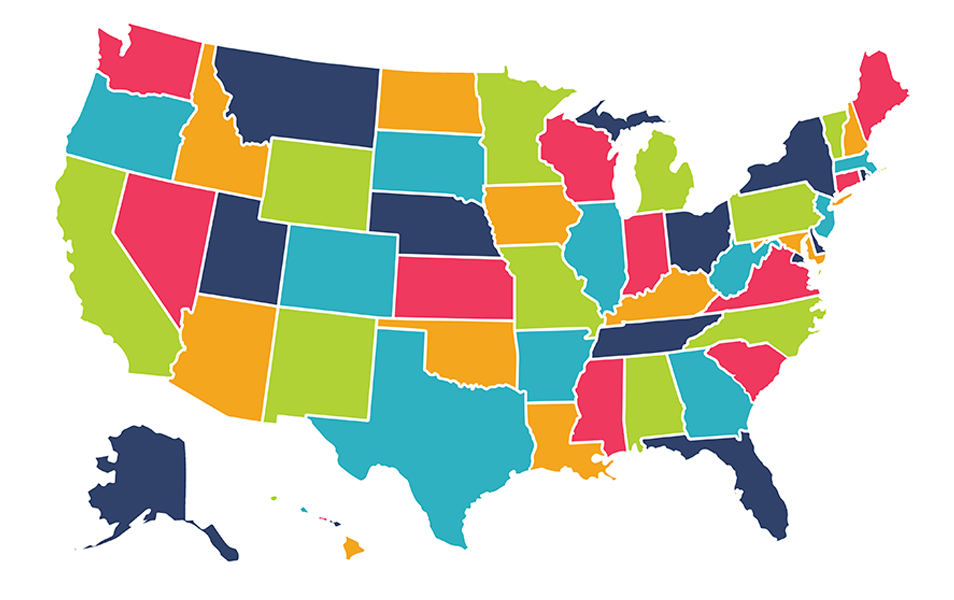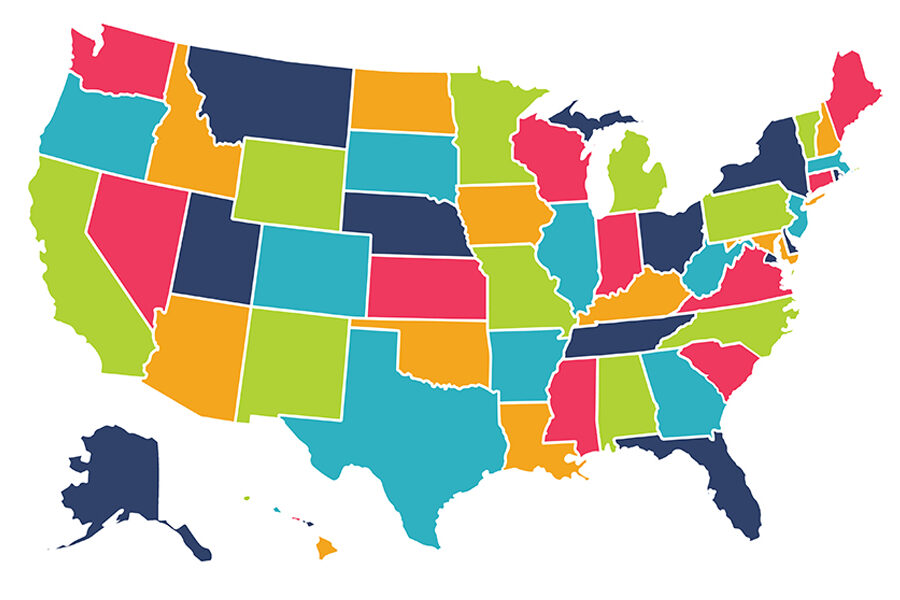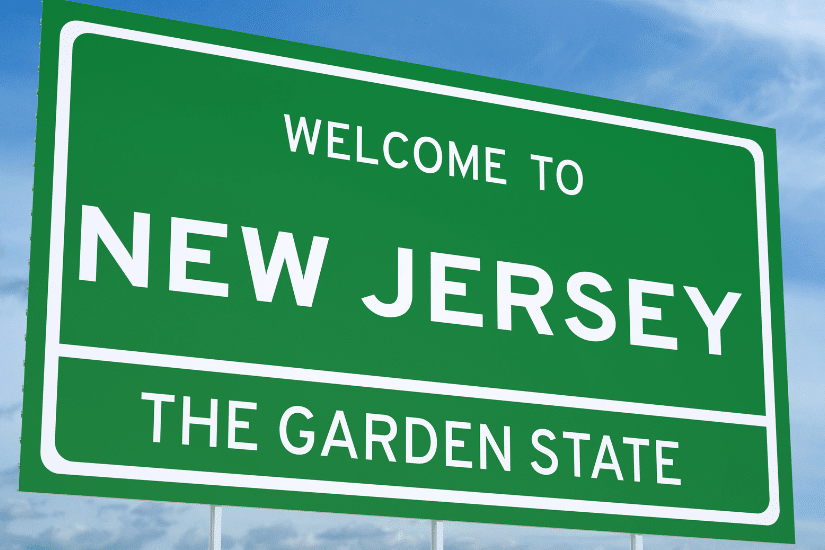States Help Secure Consumer Access to Financial Protection

Since the onset of COVID-19, life insurance, annuities and other products offered by life insurers have drawn considerable consumer interest. These products provide Americans with valuable financial certainty, even in a pandemic. Recognizing the importance of this consumer marketplace, each of the 44 states that imposed stay-at-home orders deemed life insurance as an essential business.
But some state laws and regulations that historically required face-to-face contact for certain transactions were unrealistic for consumers during the pandemic. For example, applicants seeking insurance producer licenses typically were required to take an onsite test and provide fingerprints for proof of identity. The closing of testing and fingerprint centers due to social distancing protocols effectively halted new producers coming into the system.
Fortunately, several states established processes so individuals can obtain temporary producer licenses to serve consumers and also to attain employment. These states approached the temporary license as an emergency, stopgap measure and a bridge to a permanent license when testing and fingerprinting operations resume, or these services become available remotely. Temporary licenses will expire when the state’s waiver or emergency action ends and would only allow for insurance sales within the individual’s home state.
In March, the American Council of Life Insurers joined several trade associations to ask state insurance departments across the country to allow for temporary licenses. Since then, more than 27 states have adopted temporary licenses. Again, this filled a gap in the distribution pipeline, while providing stable jobs with steady incomes.
Another disruption for consumers by COVID-19 conditions involves transactions requiring a notarized document. Getting a notary’s signature during COVID-19 is very difficult. Recognizing this, over 28 states issued executive orders, bulletins or passed legislation allowing for electronic notarizations during the emergency. This allows consumers to manage their policies remotely when a notarized document is required.
These accommodations by the states wisely allow consumers continued access to life insurance products for themselves and their families during the COVID-19 pandemic. Life insurers appreciate the states’ flexibility in ensuring that essential insurance coverage remains available to Americans during the stay-at-home orders.








